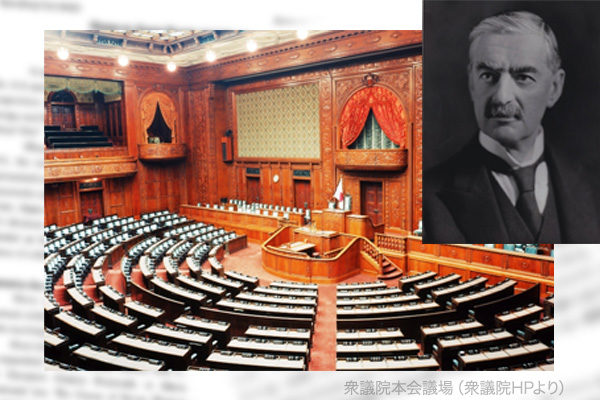Japanese lawmakers gave up on adopting a resolution condemning China for human rights abuse at this year’s ordinary session of the parliament called National Diet that ended last week. This is because ruling camp strong men such as Liberal Democratic Party Secretary General Toshihiro Nikai and Komeito President Natsuo Yamaguchi gave priority to maintaining good relations with China and were cautious of adopting such resolution. Opposition parties supported the resolution but many of their lawmakers did not make proactive efforts to pass it. Ruling and opposition camps should not hold each other responsible for failing to adopt the resolution. All National Diet members are responsible for the failure.
China benefitting from Tokyo’s failure to adopt human rights resolution
The resolution was non-binding and even insufficient falling short of condemning China by name. Nevertheless, lawmakers who promoted the resolution planned to propose a bill to impose sanctions on China for human rights abuse, building on the resolution. The resolution was also designed to back up the Japanese government that has confronted Beijing over human rights and security issues. In this sense, the failure to adopt the China resolution has benefited Beijing.
“We should give full consideration to relations with China having extremely close economic and human contacts with Japan and study how to avoid bilateral frictions or clashes,” Yamaguchi has said. “We should be careful about the resolution.” China neighbors Japan and is Japan’s biggest trading partner but Japan should not overlook China’s human rights abuse because of such close economic and human contacts. Hasn’t postwar Japan placed freedom, democracy, human rights and other universal values as a pillar of its foreign policy?
Among others, the Komeito party has emphasized itself as the party of human rights under its platform that says, “The primary purpose of politics… is to ensure and promote the right of all human beings to live and flourish as humanely as possible.” Yamaguchi should directly listen to those from Hong Kong, the Xinjiang Uyghur autonomous region, South Mongolia and Tibet.
Prime Minister Yoshihide Suga and LDP Secretary General Nikai are responsible for giving consideration to the Komeito party as the LDP’s junior coalition partner ahead of Tokyo Metropolitan Assembly and House of Representatives elections and for failing to persuade Komeito to secure the passage of the resolution.
Today’s Japan resembles prewar Britain exposed to pressure from fast-rising Nazi Germany. At the 1938 Munich conference, then British Prime Minister Neville Chamberlain accepted Nazi leader Adolf Hitler’s annexation of the Sudeten area in Czechoslovakia, adopting a policy of appeasement. Calling for resisting exhaustively against Nazi Germany was Winston Churchill who succeeded Chamberlain as prime minister.
None at today’s Japanese parliament takes a Churchill policy. Instead, Japanese lawmakers are following suit of Chamberlain. Although even Chamberlain tried to build up military forces to counter Nazi Germany, Japan still limits its defense spending to less than 1% of its gross domestic product.
Beijing’s influence infiltrating into the Diet
The time has come for Japan to resist pressure from China growing more authoritarian and coercive, and voice complaints against human rights crackdown in Hong Kong, Xinjiang, South Mongolia and Tibet.
The failure to adopt the resolution indicates that China’s influence has steadily infiltrated into the Japanese parliament. Recognizing that Japan’s democracy is threatened, we should elect lawmakers vowing to fight against China’s human rights abuse in a House of Representatives election coming this year.
Takashi Arimoto is publisher of Monthly Magazine SEIRON at the Sankei Shimbun newspaper.


